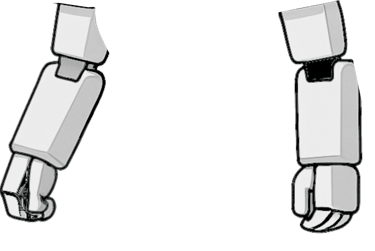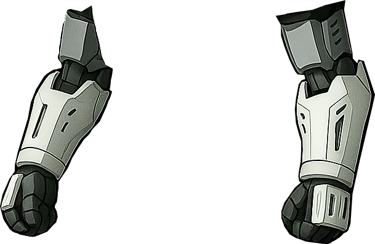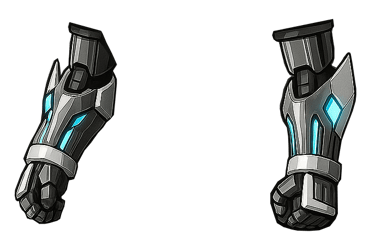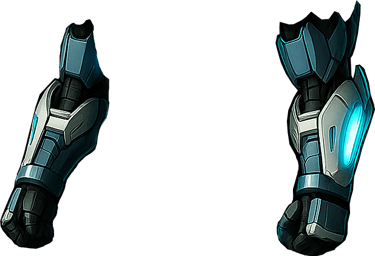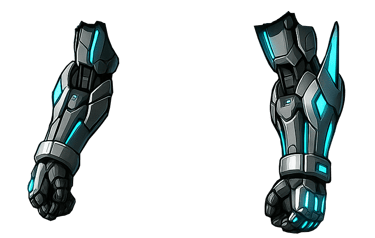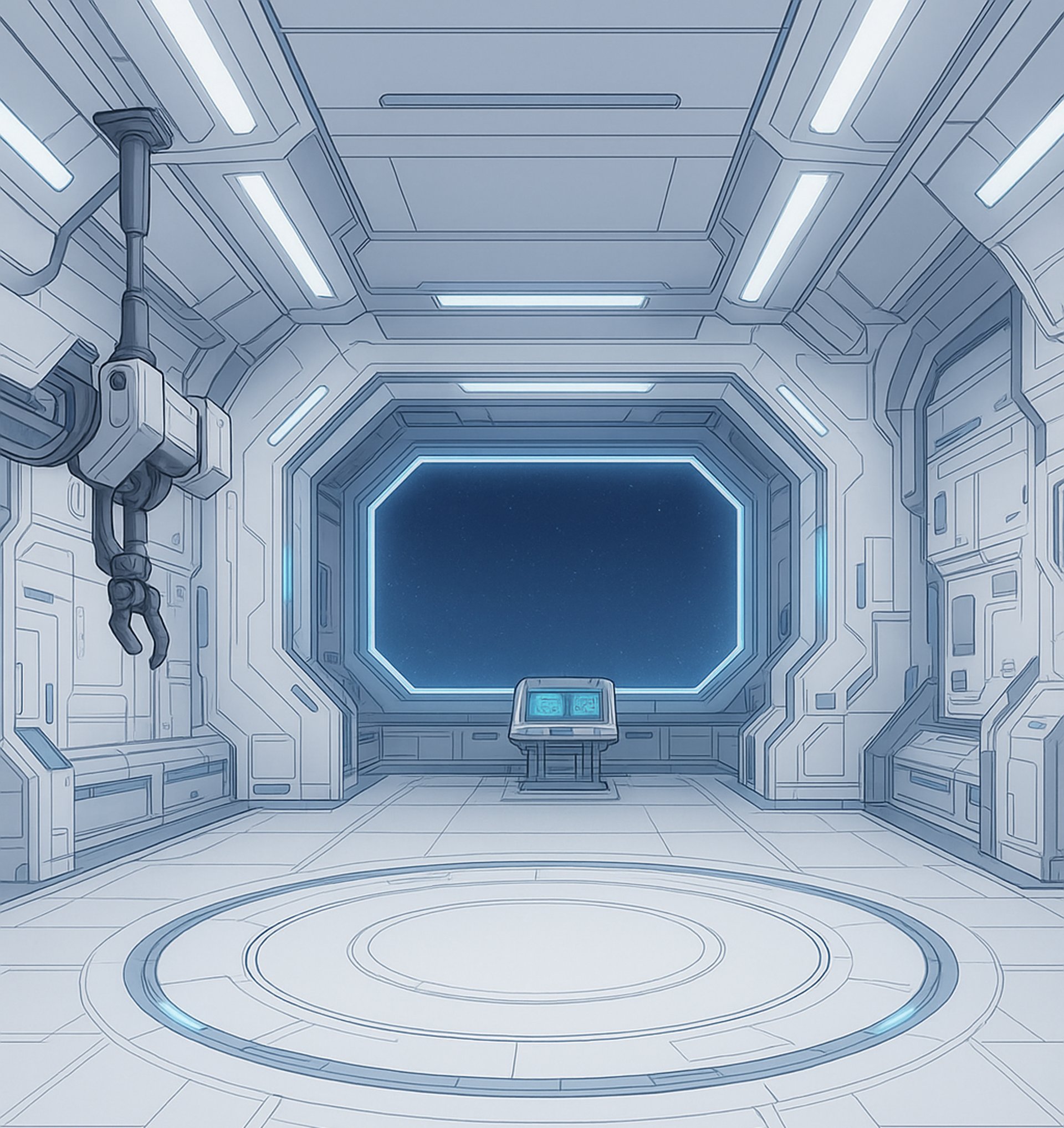
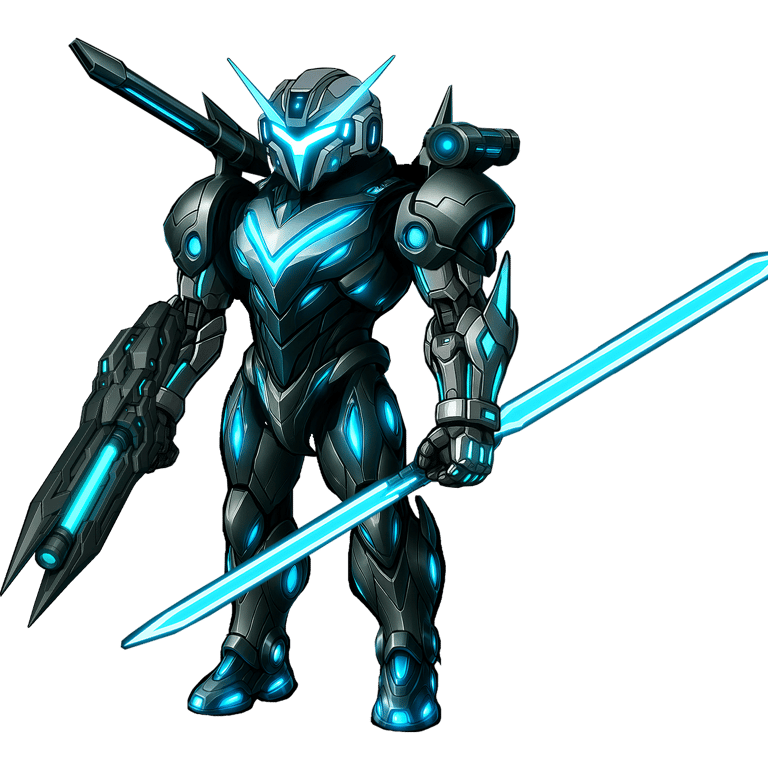

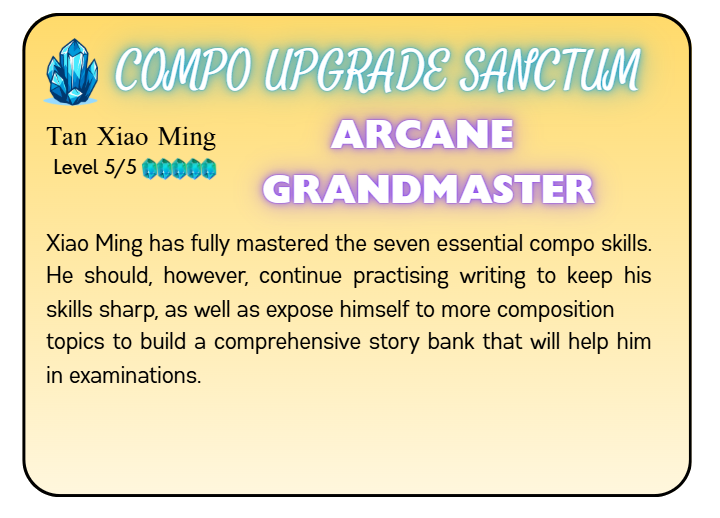


UPGRADE YOUR MECH!
Each component represents a compo skill.

Spelling, Grammar, Punctuation
Legs Module
Are you being dragged down by poor spelling, grammar and punctuation in writing? Make a consistent effort to be aware of what errors you specifically tend to make. For instance, do you always make punctuation mistakes in dialogues? Check your dialogues more carefully! Are you constantly writing in the wrong tense? Reread and scrutinise every verb's tense as you write!
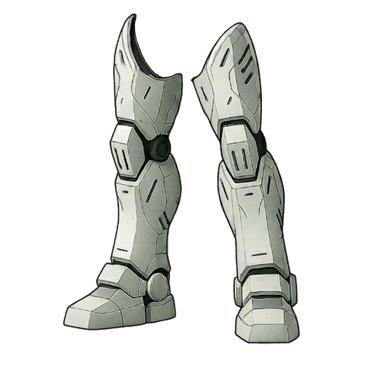
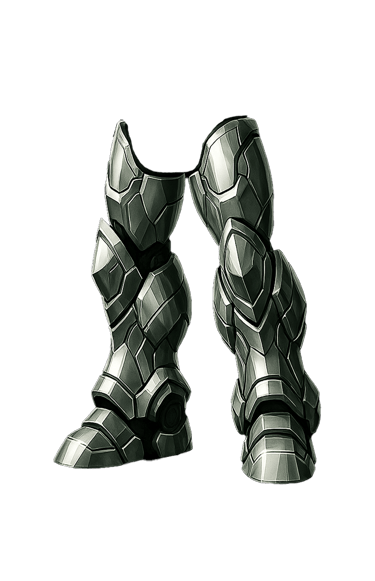
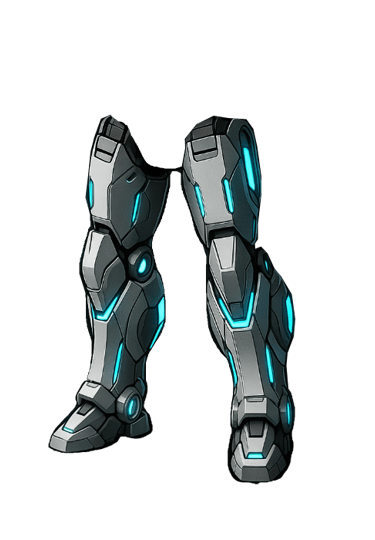
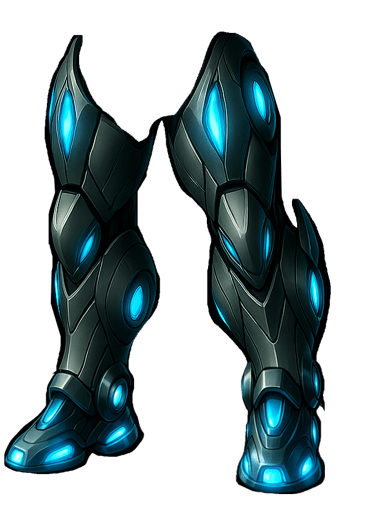
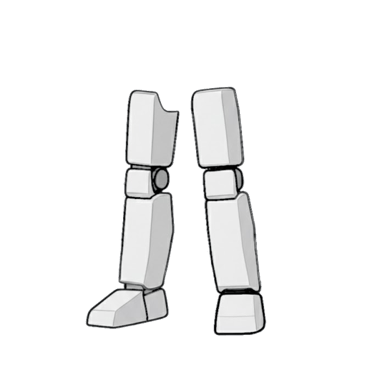

Theme Emphasis
Ranged Weapon
Emphasising and elaborating on the theme is a straightforward but important way to boost your content marks! You must always think about how you can make the theme stronger (e.g. in "a brave act", you should emphasise the fear your character felt and the courage he mustered). Remember to mention it repeatedly, and pace your story appropriately so that you spend most of the story writing about the theme.
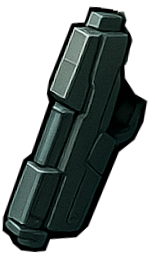

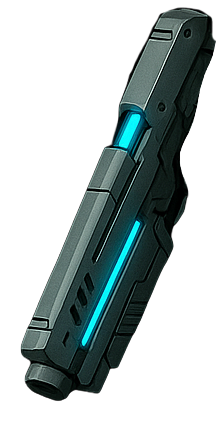

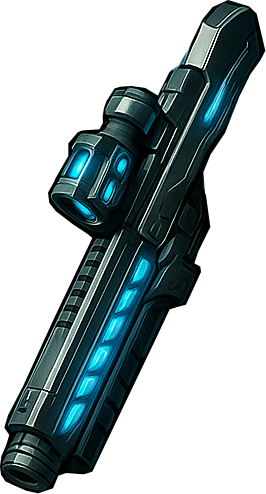

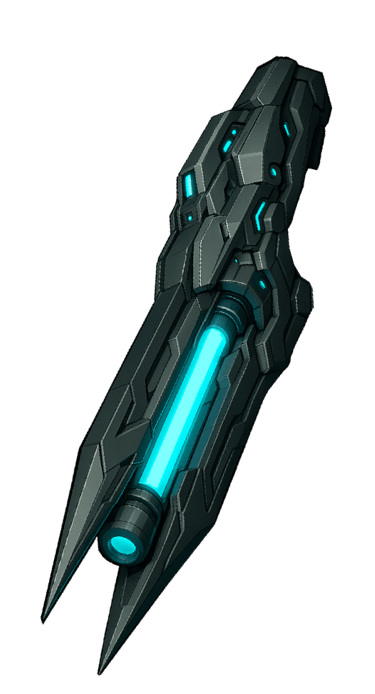


Story Pacing
Melee Weapon
A story that is paced well is a story that does not spend too much time on irrelevant parts, and instead flows naturally so that it is focused on the composition theme. Common mistakes with story pacing include writing an overly long and irrelevant introduction, and only leaving the theme-relevant parts to the end, which results in them lacking elaboration.
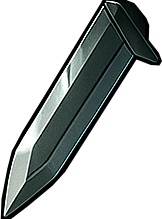

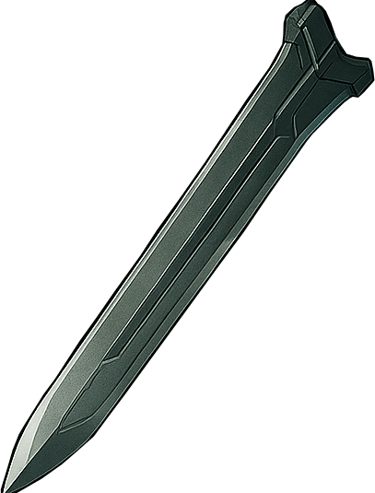

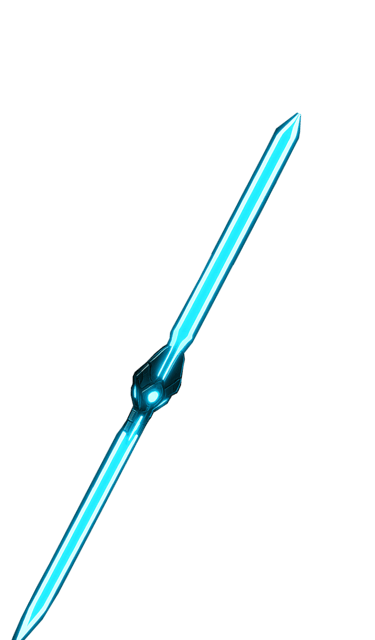

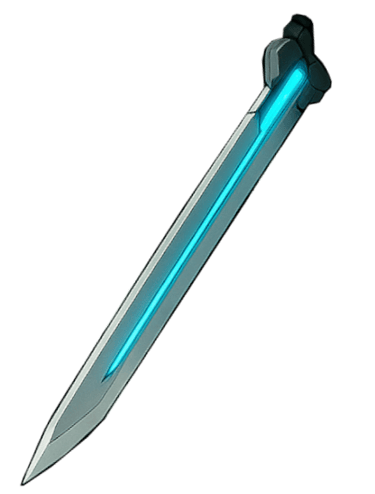


Phrases and Vocab
Shoulder Module
Memorising good phrases and vocabulary will help you to vividly describe and elaborate on any scene! Learn the phrases/vocab in my phrasebook, and read my model compos to see how widely they are used. You can build entire paragraphs with good phrases.
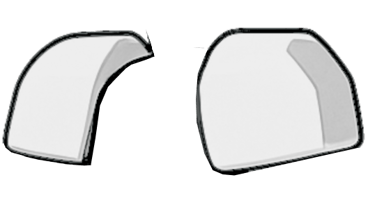

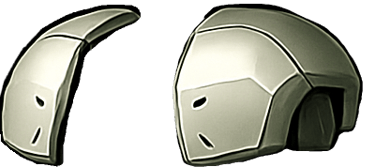

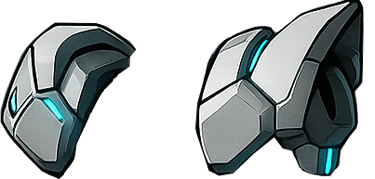



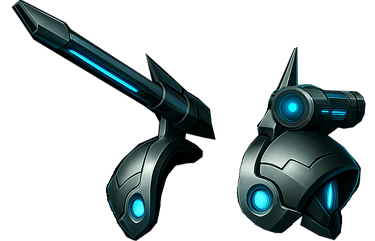


Length and Descriptive Detail
Head Module
Main parts of your composition, such as the climax, require plenty of descriptive details; they should not be rushed through. You can easily extend the length of a section and describe it more vividly by using different descriptive elements (insert a feeling, a thought, a dialogue, a sound, an action, etc). Refer to my descriptive elements guide for more.
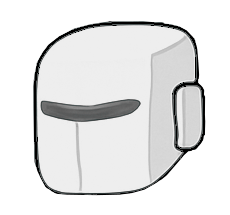





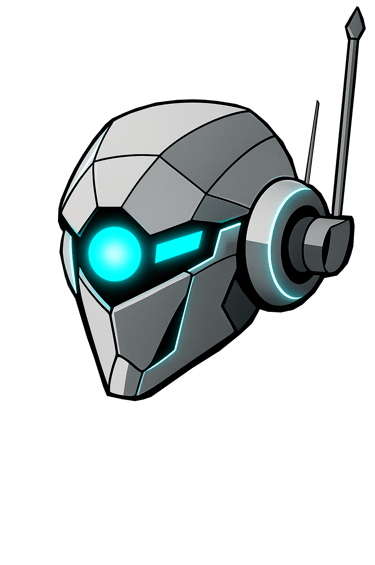




Show-not-tell
Central Chassis
Show-not-tell refers to a writing style in which events are described vividly with intense, specific details. Instead of plainly summarising a dramatic moment by merely telling (i.e. I fell from my bicycle), this is shown through vivid descriptions (A wave of panic engulfed me as I felt myself losing my balance. In the blink of an eye, I felt the hard concrete slam against my face, sending a wave of excruciating pain...)
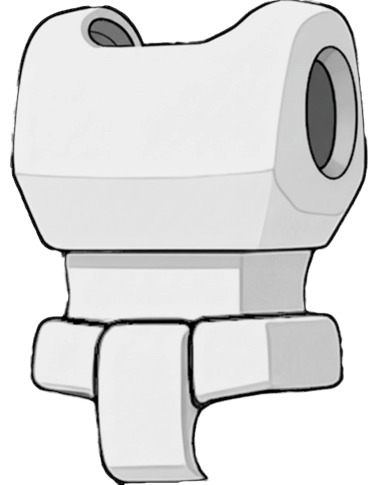

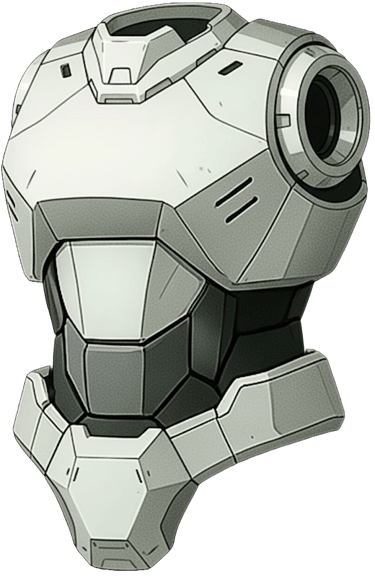

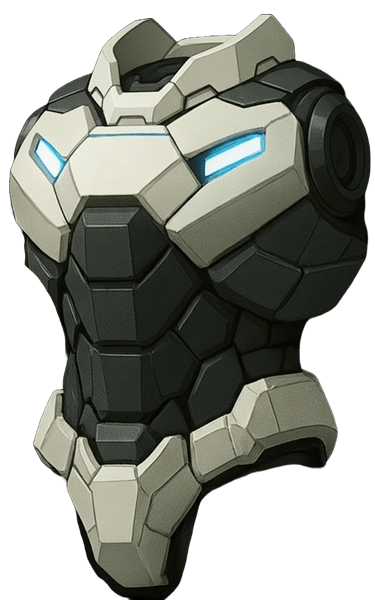

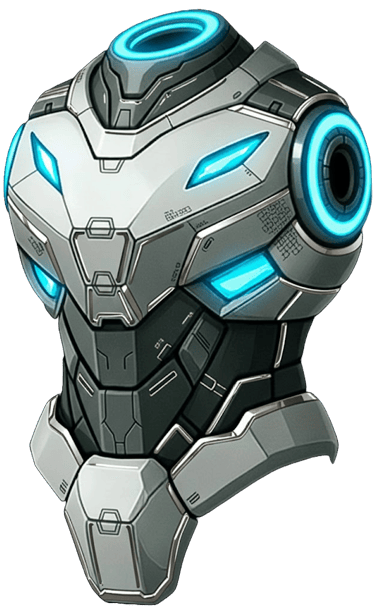

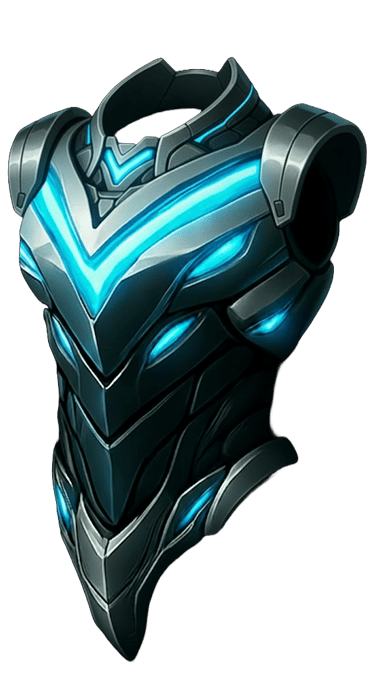


Conclusions
Arms Module
Good conclusions are extremely important. Besides wrapping up the story, the conclusion is an excellent place for you to reflect and elaborate on the composition theme. Use the LERA (Lesson - Elaboration - Reflection - Action) structure I teach in class to write good conclusions for any composition.
